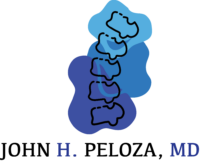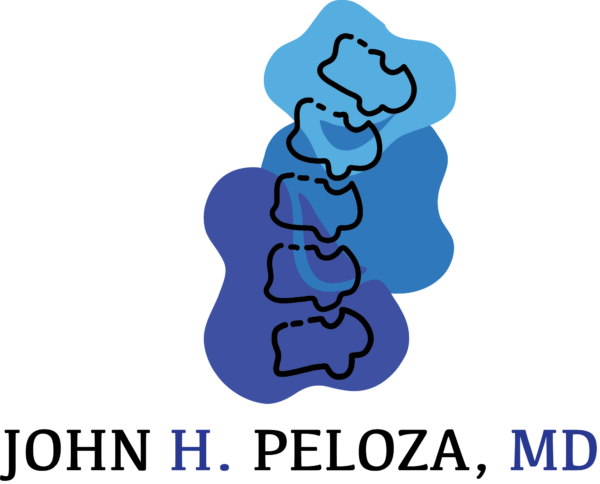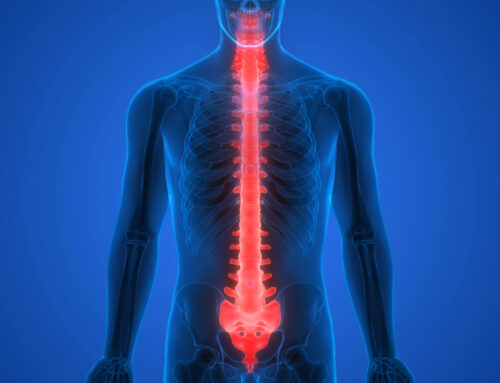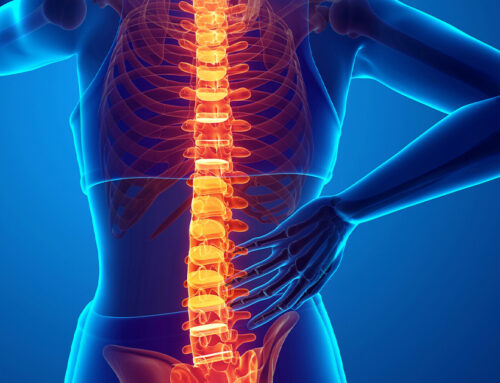
How Can You Tell if Back Pain Is Muscular or Something Else?
Back pain is a common issue that can stem from a variety of causes. One of the most frequent culprits is muscular strain, but back pain can also result from more serious conditions involving the spine, nerves, or other underlying structures. Understanding the differences can help you identify the source of your discomfort and seek appropriate treatment.
Signs of Muscular Back Pain
Muscular back pain, often referred to as a muscle strain or sprain, typically arises from overuse, heavy lifting, or sudden movements that overstretch or tear muscle fibers. The pain is usually localized, meaning it affects a specific area, such as the lower back or around the shoulders. It often presents as a dull ache or stiffness, which may intensify with movement or certain activities, like bending or twisting. Muscular pain can also result in muscle spasms, which are involuntary contractions that can cause significant discomfort.
Indicators of Non-Muscular Back Pain
Back pain that originates from non-muscular sources often has different characteristics. For example, pain caused by issues such as a herniated disc, spinal stenosis, or nerve compression tends to be more sharp and radiating. This pain may travel along a nerve path, leading to symptoms like tingling, numbness, or weakness in the legs or arms—a condition often referred to as sciatica.
Additionally, non-muscular back pain may be associated with symptoms like fever, unexplained weight loss, or pain that worsens at night and does not improve with rest. These symptoms could indicate more serious conditions such as infections, tumors, or inflammatory diseases, and they require immediate medical evaluation.
When to Seek Medical Advice
If your back pain is accompanied by red flag symptoms like fever, significant weight loss, or neurological symptoms (such as numbness or weakness), it’s crucial to seek medical attention promptly. These signs may point to a more serious underlying condition. However, even if the pain seems to be muscular, persistent or worsening symptoms should be evaluated by a healthcare professional.
In summary, while muscular back pain is common and often resolves with rest and simple treatments, recognizing the signs of more serious conditions is key to ensuring appropriate care. When in doubt, consult a healthcare provider to determine the best course of action for your back pain.







